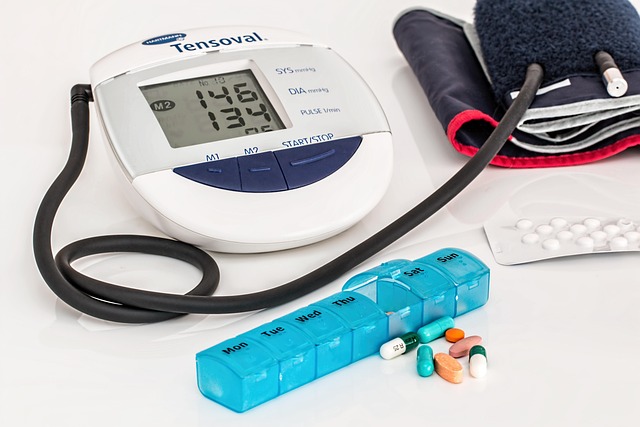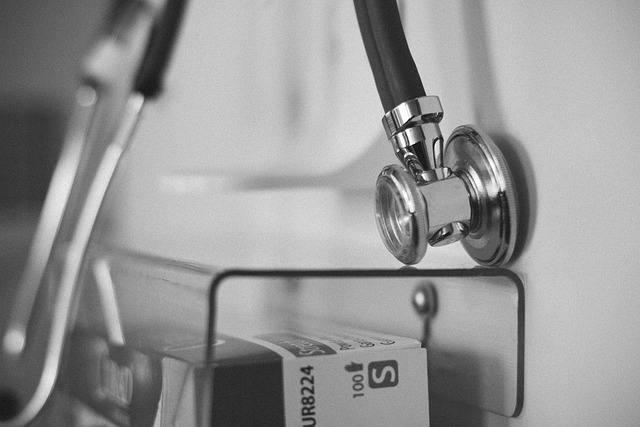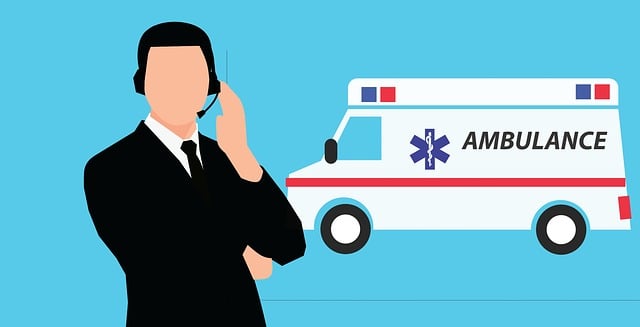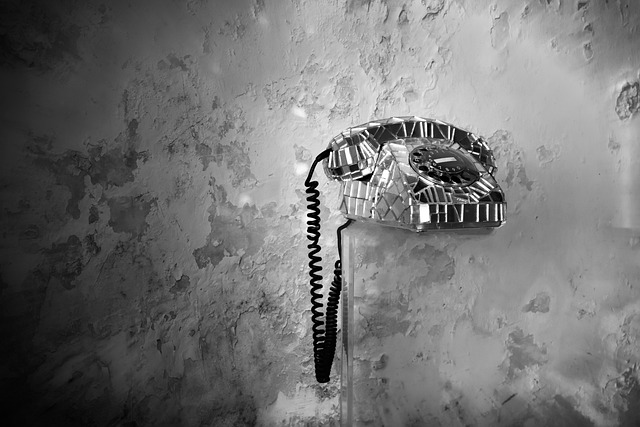HIPAA compliance is essential for healthcare practices using dedicated call centers or virtual front desks. A robust HIPAA-compliant communication service includes trained staff, secure electronic health records, and encryption for voice and data transmissions. These centers manage tasks like call answering, appointment scheduling, and patient follow-ups, freeing up healthcare providers to focus on direct patient care. Integrating these services streamlines operations, reduces wait times, and improves patient satisfaction while adhering to HIPAA regulations. Outsourcing to specialized call centers offers benefits such as improved efficiency, reduced administrative burdens, and better data management for small practices. Ongoing HIPAA compliance involves staff training, role-based access controls, and regular audits.
In today’s digital age, effective communication is paramount in healthcare. For clinics and private practices, managing medical calls, appointment scheduling, and patient follow-ups seamlessly while adhering to stringent HIPAA regulations can be a complex task. This article explores the transformative power of a dedicated HIPAA-compliant communication service designed specifically for healthcare. We’ll delve into how such a service enhances patient care, streamlines operations, and ensures compliance with HIPAA standards in medical practices.
- Understanding HIPAA Compliance in Healthcare Communication
- The Role of a Dedicated Call Center for Medical Practices
- Efficient Appointment Scheduling Systems for Better Patient Care
- Streamlining Patient Follow-ups: Key Features of a HIPAA-Compliant Solution
- Benefits of Outsourcing Administrative Tasks to Specialized Providers
- Implementing and Ensuring Continuous Compliance with HIPAA Standards
Understanding HIPAA Compliance in Healthcare Communication

HIPAA compliance is an essential aspect of healthcare communication, especially for practices that utilize a dedicated call center or virtual front desk services. The Health Insurance Portability and Accountability Act (HIPAA) sets strict standards to protect sensitive patient information and ensure privacy and security in healthcare settings. When implementing a HIPAA-compliant communication service, such as a call center or outsourcing front desk operations, healthcare providers must understand the implications for data protection.
This includes ensuring that all staff members handling patient calls are trained in HIPAA protocols, securing electronic health records, and implementing encryption for voice and data transmission. A virtual medical receptionist or call center dedicated to medical office call handling should provide robust solutions for appointment scheduling, patient follow-ups, and secure communication while adhering to these critical healthcare regulations, thus fostering a safe and reliable environment for patients’ sensitive information.
The Role of a Dedicated Call Center for Medical Practices

In today’s digital era, healthcare practices must stay agile and efficient to deliver quality patient care. A dedicated HIPAA-compliant call center plays a pivotal role in this regard, serving as the backbone for effective medical practice management. By outsourcing front desk operations to a virtual medical receptionist, clinics and private practices can ensure consistent and professional medical call answering around the clock.
This specialized service not only handles incoming calls, but also streamlines appointment scheduling and patient follow-ups, allowing healthcare providers to focus on direct patient care. A well-managed call center can significantly enhance operational efficiency, improve patient satisfaction, and adhere strictly to HIPAA regulations, fostering a seamless and secure communication channel within the medical practice.
Efficient Appointment Scheduling Systems for Better Patient Care

In today’s digital era, efficient appointment scheduling systems are revolutionizing healthcare delivery. A HIPAA-compliant communication service, integrating seamless call management, appointment scheduling, and patient follow-ups, is a game-changer for clinics and private practices. This centralized platform not only streamlines operations but also enhances patient care by reducing wait times and improving response rates to medical calls and inquiries.
By outsourcing front desk functions to a virtual medical receptionist, healthcare providers can focus on delivering quality care. Medical call answering services, equipped with advanced features like automated appointment reminders and secure messaging, ensure that patients receive timely updates and crucial information. This proactive approach fosters patient engagement, increases satisfaction, and contributes to better health outcomes, making it an indispensable component of modern healthcare management.
Streamlining Patient Follow-ups: Key Features of a HIPAA-Compliant Solution

In today’s digital age, efficient patient follow-up processes are vital for healthcare providers to maintain excellent patient care and satisfaction. A HIPAA-compliant communication service can significantly streamline this aspect, offering specialized features tailored to the unique needs of medical practices. By outsourcing front desk operations, including medical call answering and appointment scheduling, healthcare professionals gain access to a dedicated team ensuring prompt and secure patient interactions.
The key advantage lies in the comprehensive management of patient follow-ups, from initial contact to post-visit care. This includes automated reminders, efficient scheduling, and seamless communication channels that allow patients to reach out via phone, email, or secure messaging. With these features, medical offices can enhance their operational efficiency, reduce administrative burdens, and focus on delivering high-quality healthcare services while adhering strictly to HIPAA regulations for medical call handling.
Benefits of Outsourcing Administrative Tasks to Specialized Providers

Outsourcing administrative tasks to specialized providers brings a multitude of benefits for healthcare practices. By enlisting the services of a HIPAA-compliant call center, clinics and private practices can significantly enhance their operational efficiency and patient care. These centers are equipped with trained professionals who manage medical calls, appointment scheduling, and follow-ups, ensuring prompt and accurate handling. This not only reduces the administrative burden on staff but also improves response times, allowing healthcare providers to focus more on direct patient care.
Specialized call centers offer advanced technologies for seamless medical call answering and patient communication support. They can integrate with existing medical software, streamlining data management and ensuring a centralized, secure system. This level of expertise in medical office call handling is particularly valuable for small practices that may lack the resources to manage these tasks in-house. As a result, outsourcing can lead to better patient satisfaction, increased staff productivity, and reduced operational costs.
Implementing and Ensuring Continuous Compliance with HIPAA Standards

Implementing and maintaining HIPAA compliance is a continuous process for healthcare organizations, especially with the evolving nature of privacy laws and regulations. When establishing a HIPAA-compliant communication service, it’s crucial to have a robust framework in place. This includes rigorous training for staff on privacy practices, protocols, and secure data handling procedures. The call center should adopt role-based access controls, ensuring that only authorized personnel can access patient information. Regular audits and assessments are essential to identify and rectify any gaps in compliance.
For medical offices considering outsourcing their call handling, choosing a partner that understands and adheres to HIPAA standards is paramount. Front desk outsourcing allows practices to focus on patient care while ensuring secure medical call answering and efficient appointment scheduling. By implementing these measures, healthcare providers can effectively manage patient interactions, maintain data privacy, and comply with HIPAA regulations throughout the entire process.
